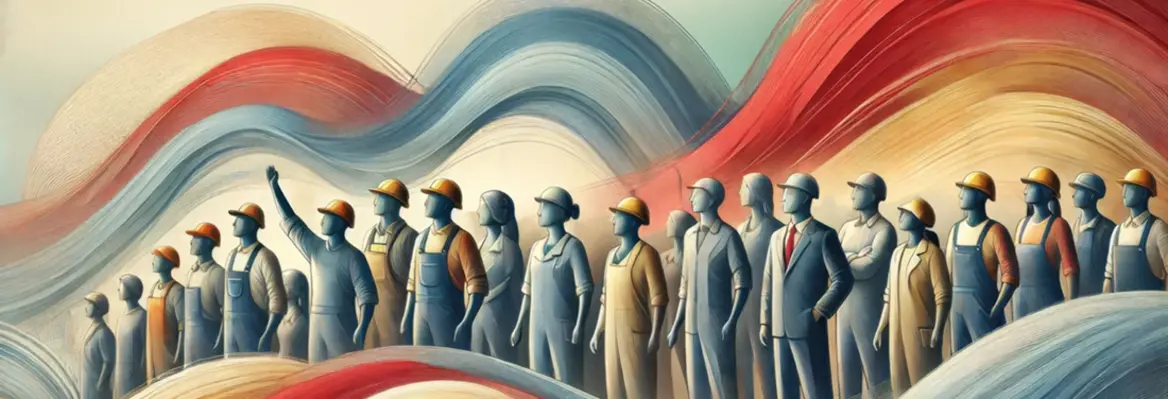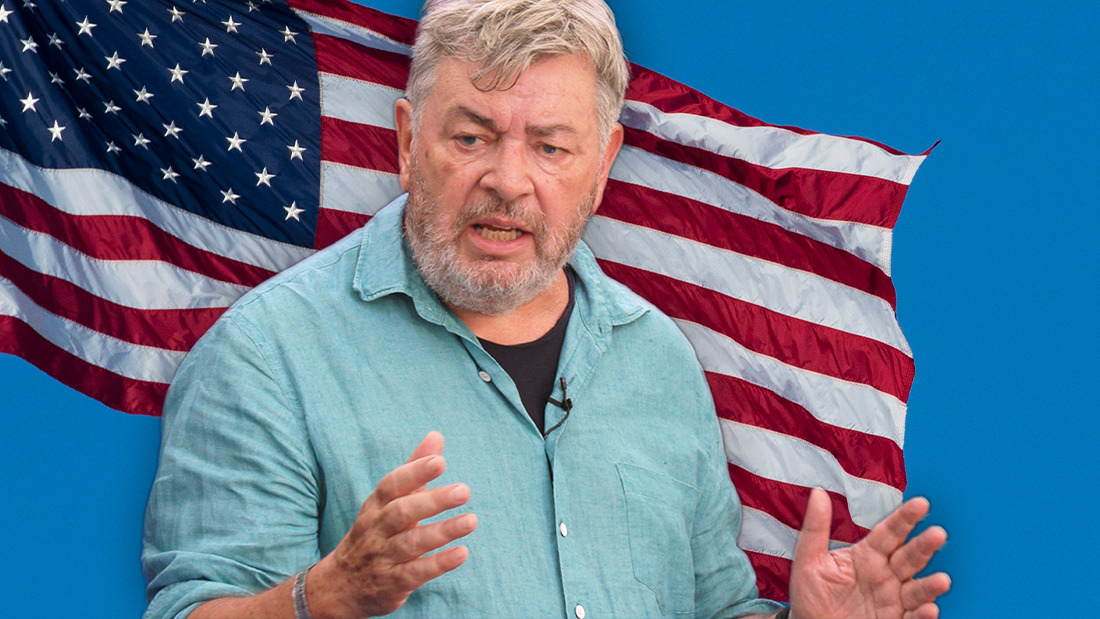The left in America has been almost silent following their defeat to Donald Trump in the US election. While the left in the UK has been pragmatist, lacking a clear vision. In this interview, Matt McManus argues that liberal socialism should be the new guiding vision of the left. Liberal norms such as the rights of the individual and modern liberal institutions should all be maintained. But the workplace, which currently functions as an autocratic space carved out in societies that elsewhere challenge autocracy, must be re-imagined. Ordinary people, ordinary workers, must be protected from the ills of capitalism.
Harry Carlisle: To open, what is liberal socialism?
Matt McManus: Well, liberal socialism, as portrayed in my book, is a tradition that can be dated back to the 19th century, although it has antecedents in the 18th century and it consists of this drive to extend liberal principles about self-governance and equality into the economy beyond just limiting them to the state. Canonical liberal socialists include everyone from John Stuart Mills through to people like Chantal Mouffe and Carlo Rosselli. All of them essentially argued that there's something extremely odd about insisting that it's important for people to be treated like equals and to do what they wish. But the minute you enter into the workforce, all of that kind of high-falutin rhetoric just disappears, and you enter into a region that looks a lot like the autocratic systems evolved. SUGGESTED VIEWING The rise of the new right With David Aaronovitch
You would normally imagine these two doctrines as incompatible, particularly on the individual as the root of liberalism, and socialism being more communitarian. What do you think of that perception of an inherent gulf between them?
This distinction between collectivism and individualism, or associating socialism with collectivism and liberalism with individualism, is very much a product of the 20th century and the Cold War. Sam Moyn makes this point very effectively in his book Liberalism Against Itself, where he stresses how a lot of these ideas about what liberals stand for and what socialists stand for were framed during the Cold War period by anti-Communists who identified as liberals. I'm not dismissing them, but this meant that they tended to have a very dualistic approach to both the history of liberalism and socialism and what the two doctrines meant. Now, there are, without a doubt, species of liberalism that are committed to what I call, in the book a kind of possessive individualism. And what possessive individualism holds is basically that society consists of individuals. Think back to, you know, Margaret Thatcher's dictum, that there is no such thing as society, merely individuals and families. And aligned with this kind of anthropological vision is a normative vision that, following up on Margaret Thatcher's point, individuals must look after themselves.
___
This kind of possessive, individualist strain of liberalism was by no means exhaustive of the liberal tradition as a whole.
___






















Join the conversation